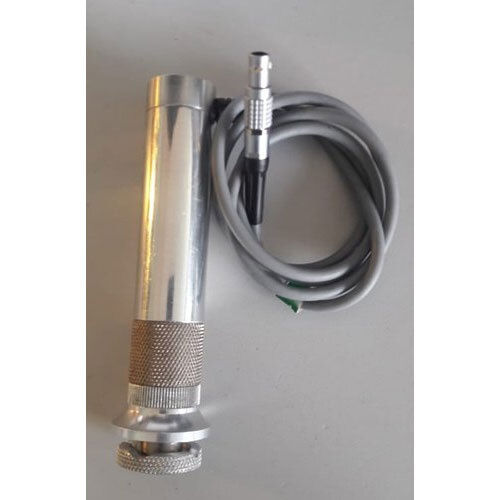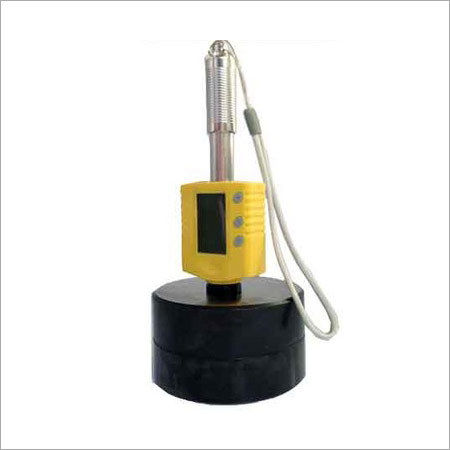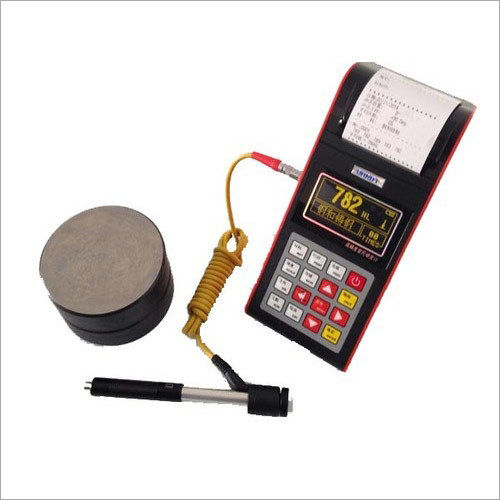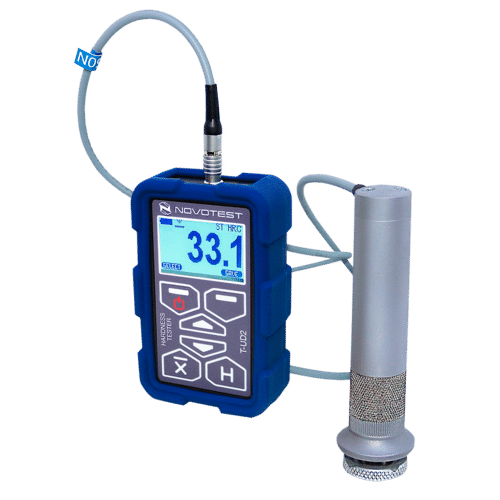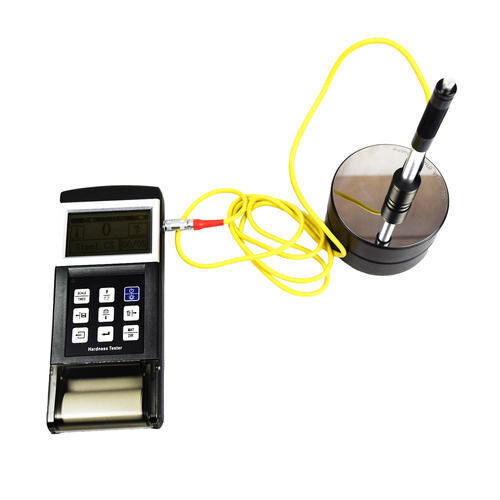UCI Hardness Tester Probe
Product Details:
- Color Silver
- Product Type UCI Hardness Tester Probe
- Material METEL
- Voltage DC 4.5V Volt (v)
- Weight 0.3 KG Kilograms (kg)
- Temperature -20 TO 60 DEGREE Celsius (oC)
- Usage Industrial
- Click to View more
X
UCI Hardness Tester Probe Price And Quantity
- 1 Piece
UCI Hardness Tester Probe Product Specifications
- Silver
- UCI Hardness Tester Probe
- METEL
- DC 4.5V Volt (v)
- 0.3 KG Kilograms (kg)
- Industrial
- -20 TO 60 DEGREE Celsius (oC)
UCI Hardness Tester Probe Trade Information
- 7-10 Days
Product Description
The UCI (Ultrasonic Contact Impedance) hardness tester probe is a device used for measuring the hardness of materials, primarily metals. It's a non-destructive testing method suitable for on-site testing, where portability and quick results are required.
The UCI hardness tester probe works based on the principle of ultrasonic contact impedance. It involves measuring the frequency shift of a vibrating rod (probe) caused by its contact with the material surface. When the probe contacts the material, the frequency of the vibrating rod changes depending on the material's hardness. This change in frequency is then correlated with the material's hardness value.
These probes typically consist of a transducer, a vibrating rod, and a measuring unit. The transducer generates high-frequency vibrations in the rod, which is brought into contact with the material surface. The measuring unit then detects the frequency shift caused by the material's resistance to indentation, providing a hardness value.
UCI hardness testers are often used for quick, non-destructive testing of materials, especially in situations where traditional hardness testing methods such as Brinell, Rockwell, or Vickers methods are impractical. They are commonly used in industries such as manufacturing, construction, and maintenance for quality control and inspection purposes.
Tell us about your requirement

Price:
Quantity
Select Unit
- 50
- 100
- 200
- 250
- 500
- 1000+
Additional detail
Mobile number
Email
 English
English Spanish
Spanish French
French German
German Italian
Italian Chinese (Simplified)
Chinese (Simplified) Japanese
Japanese Korean
Korean Arabic
Arabic Portuguese
Portuguese
